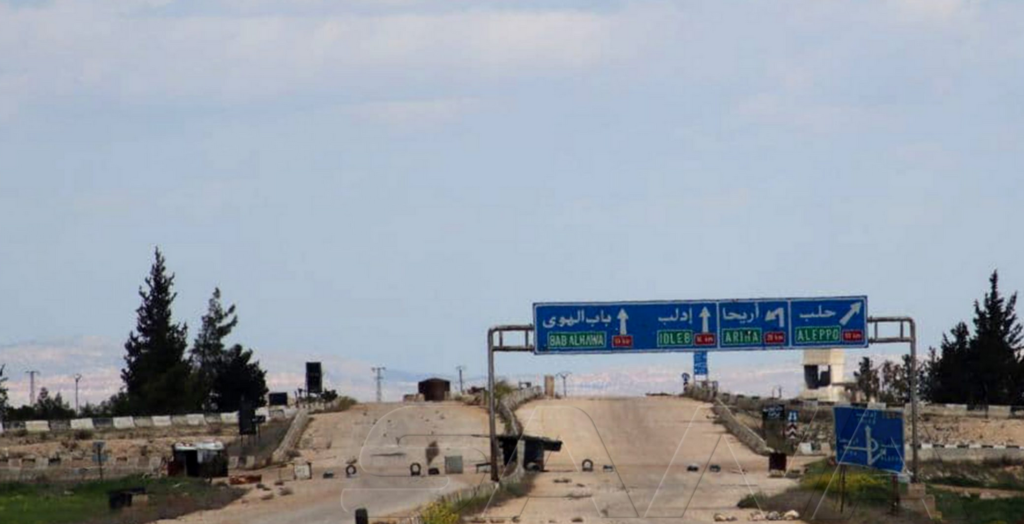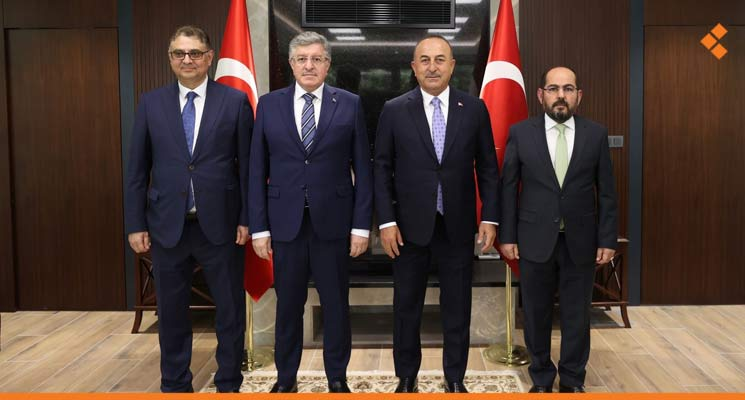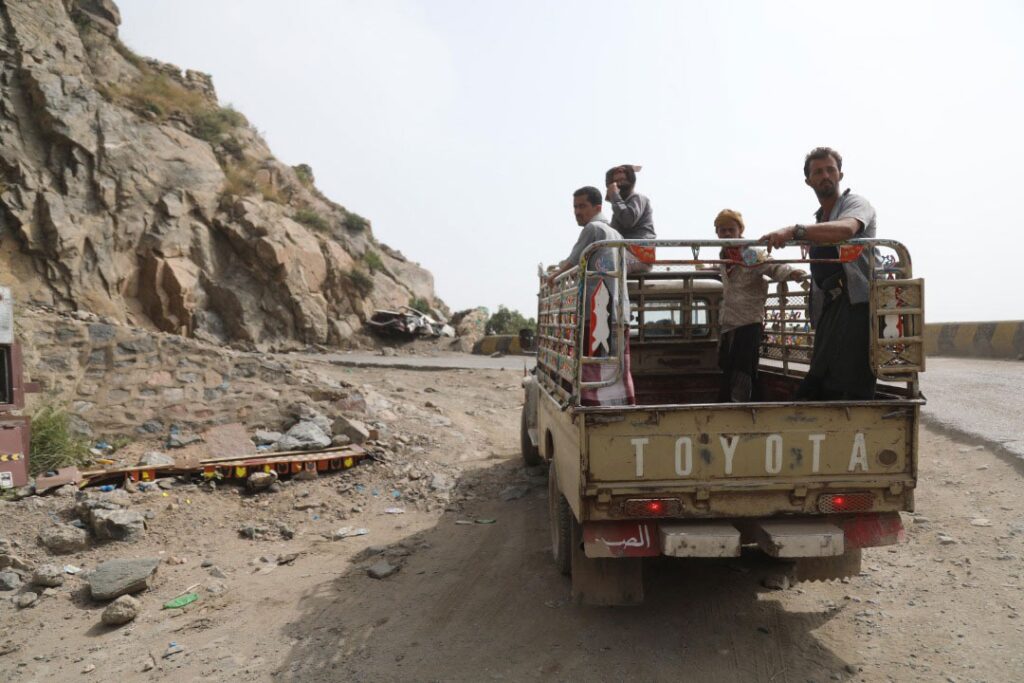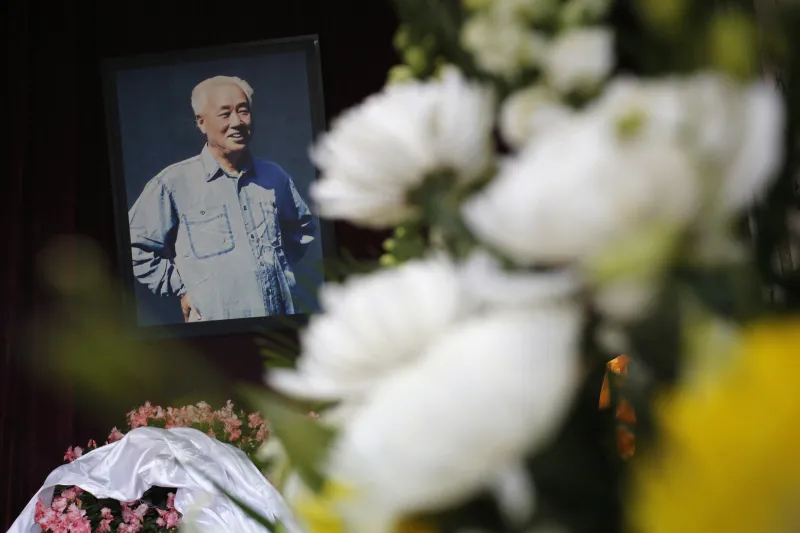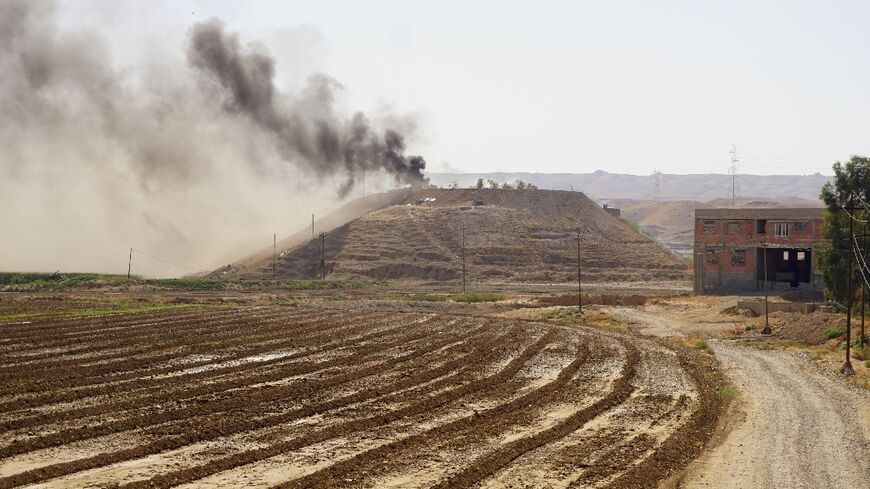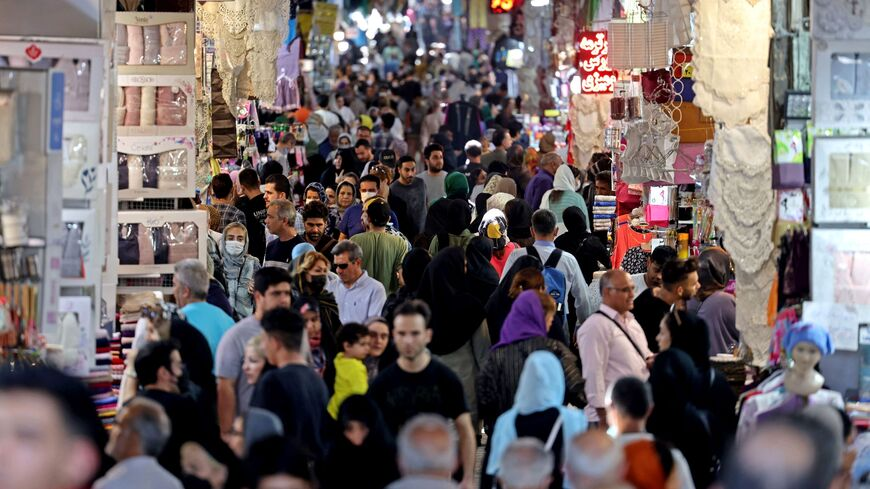The Houthis’ war and Yemen’s future
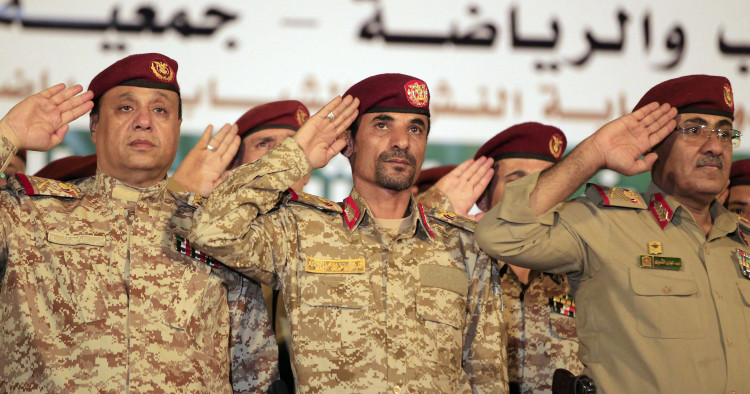
Sept. 21, 2022, marked the eighth anniversary of the Houthis’ takeover of Sana’a, Yemen’s capital, under the pretext of fighting corruption and poverty. But what initially was presented as a struggle against injustice ended up being nothing more than a power grab masquerading as a rebellion. Since 2014, most of northern Yemen has become isolated after the Houthis alienated their opponents and executed their one-time ally, former President Ali Abdullah Saleh, shattering trust in the possibility of future alliances with their movement. Throughout the war, the country has undergone a radical political, religious, and cultural makeover, partially overturning the Yemeni Republic and opening a new chapter as a theological state presided over by a religious leader, Abdul Malek al-Houthi.

